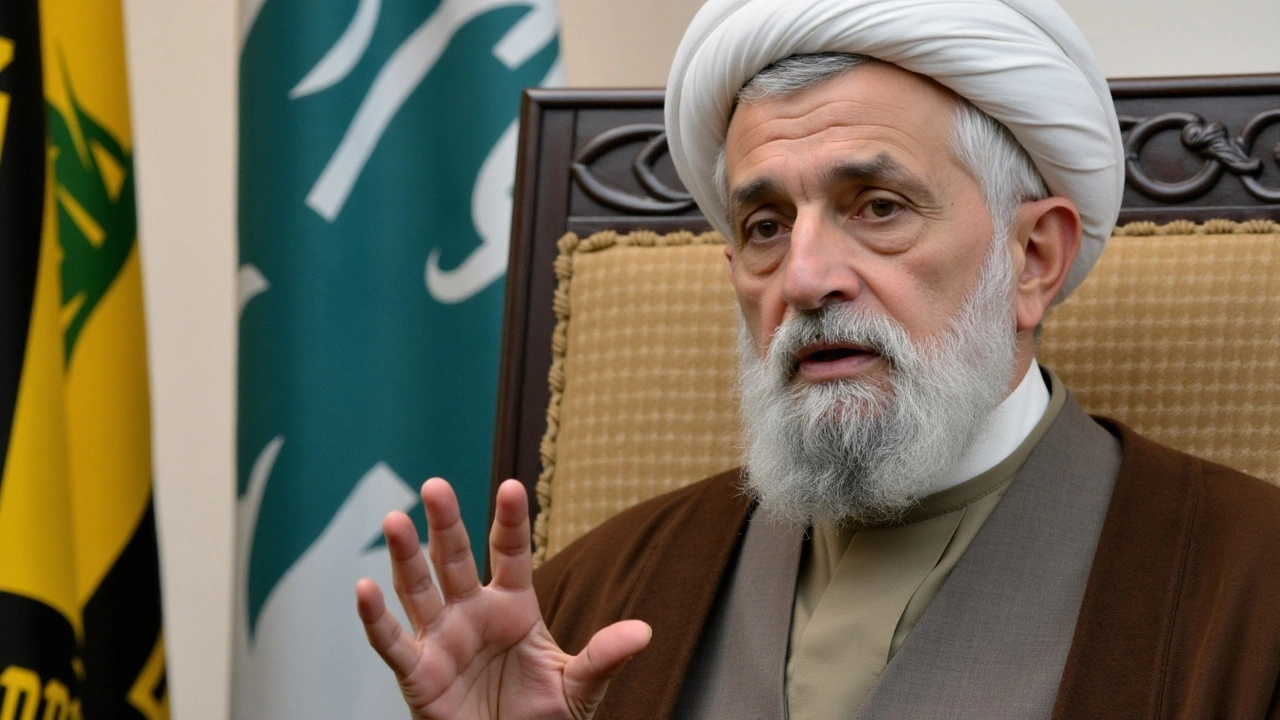Hezbollah: what it is and why it matters
Hezbollah shows up in headlines as a militia, a political party, and a provider of social services — all at once. That mix makes it confusing but also important to follow. If you want straight facts fast: Hezbollah is a Shiite movement based in Lebanon, with an armed wing, an elected political presence, and networks that reach beyond Lebanon's borders.
What Hezbollah is and how it works
Founded in the 1980s during Lebanon's civil war, Hezbollah grew from a resistance group into a major political force. It runs schools, clinics, and charities — services many Lebanese rely on. At the same time it maintains a militia that fought Israel and has fought in Syria alongside the Assad government. Iran is widely reported to supply significant funding, weapons, and training, while Syria has been a key logistical partner.
That dual role — social services plus armed operations — gives Hezbollah influence inside Lebanon’s government and society. Some countries list it as a terrorist group; others separate its political and social work from its armed activities. That split leads to different policies and affects how news about the group is covered.
Why this matters beyond Lebanon — including for Africa
Hezbollah's reach isn't confined to the Middle East. Analysts and UN reports have linked parts of its network to fundraising, smuggling, and money movements in West Africa and other regions. Ports, informal trade routes, and diaspora communities can become channels for cash or goods that support armed groups. That matters for African countries facing weak oversight, where illicit networks can harm stability and development.
At the same time, many Africans are affected indirectly: political tension in Lebanon can shift energy markets, refugee flows, or the focus of international diplomacy — all of which touch African economies and foreign policy. Local law enforcement may also face pressure to track new money flows or shipments tied to foreign groups.
So what should you watch for? Look for credible sources: UN reports, major wire agencies like Reuters and AFP, respected regional outlets, and named local sources. Be wary of anonymous social posts or unverified video clips. When a claim sounds dramatic, check whether multiple outlets with different editorial teams report it.
If you follow this tag on our site, expect explainers, verified updates, and practical context about how developments could affect regional security or trade. Want alerts? Bookmark reliable feeds, subscribe to trusted newsletters, and follow official statements from governments and international bodies.
Knowing a bit about Hezbollah — its politics, social role, and outside ties — helps you read headlines with more clarity. Questions about a new report or a local angle? Send us a tip and we’ll check it against verified sources before reporting.
